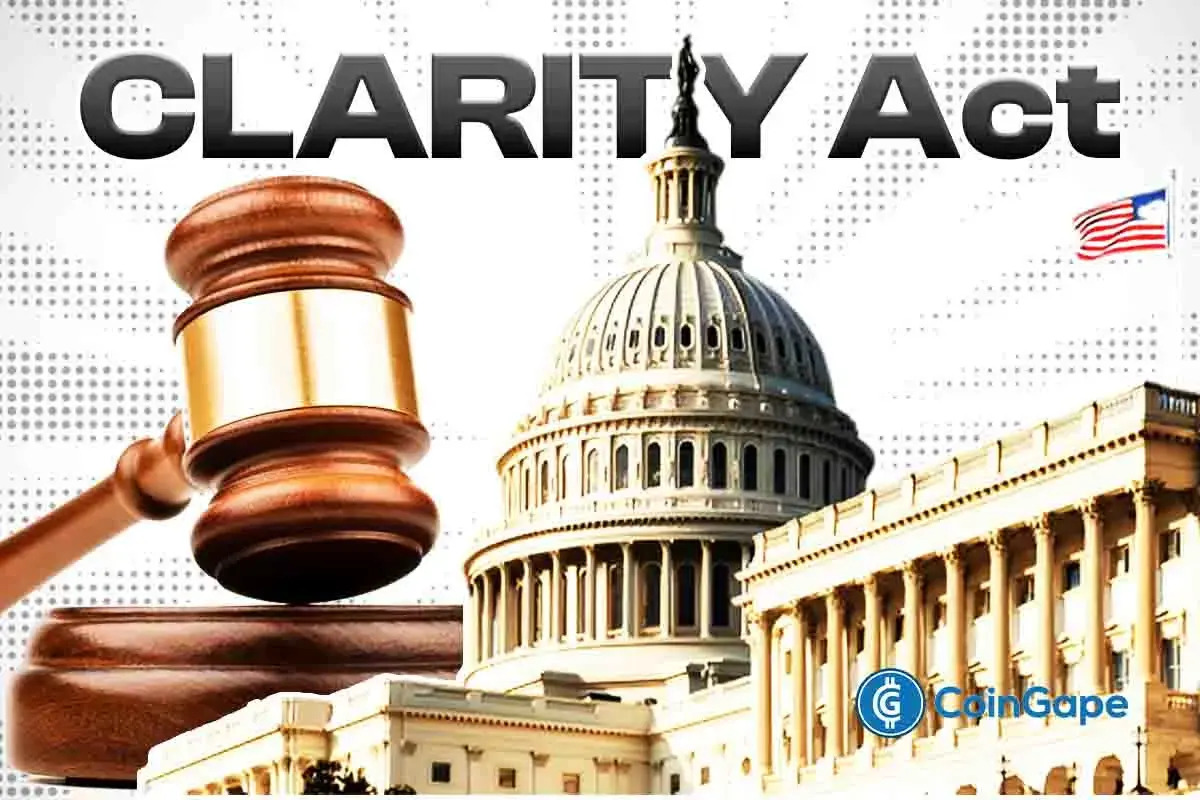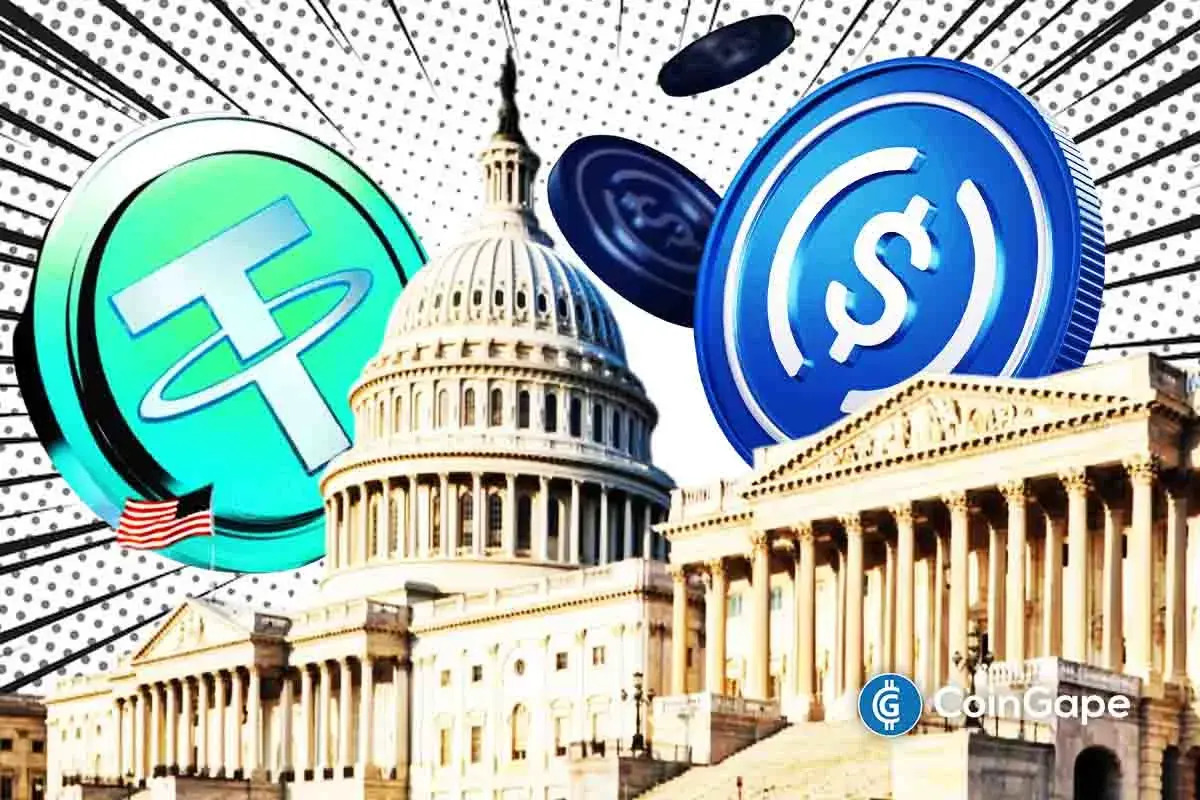Democrats Weigh Support For House Republican Crypto Bill, Here’s Why

Highlights
- House Democratic leaders, including Maxine Waters and David Scott, express reservations but do not actively oppose the GOP's crypto legislation.
- The proposed bill challenges traditional regulatory norms by redefining digital assets and weakening investor protections.
- Democratic concerns persist, with ongoing discussions and efforts to address regulatory implications through engagement with SEC officials.
House Democratic leaders unveiled their position on the House Republican crypto bill, revealing an unexpected strategy. Although Representatives Maxine Waters and David Scott voiced staunch opposition to the bill, they opted not to actively rally fellow lawmakers to vote against it. This move lays the groundwork for forthcoming parliamentary deliberations and voting scheduled for Wednesday, highlighting a crucial juncture in the legislative journey.
Impact of the Proposed Crypto Bill on Regulatory Norms
Traditionally, digital assets have fallen under the regulatory purview of the SEC as securities, assessed through the “Howey” test. This test defines an “investment contract” as an investment of money in a common enterprise with a reasonable expectation of profits. However, the newly proposed bill introduces language that challenges this precedent.
By categorizing digital assets sold as “investment contracts” as non-securities, the bill disrupts established legal norms, casting uncertainty over the traditional securities market. Furthermore, the bill establishes a process allowing digital commodities to be traded in secondary markets if they were initially offered as part of investment contract securities. This provision, along with the creation of a safe harbor for entities filing an “intent to register,” weakens investor protections and exposes markets to potential fraud and manipulation.
Also Read: Spot Ethereum ETF: SEC Pushes Exchanges for Update on 19b-4 Filings
Democratic Concerns and Ongoing Actions Regarding Cryptocurrency Regulation
Despite refraining from actively rallying against the bill, the sentiment among Democratic leaders remains skeptical. A whip question circulated among members emphasized Waters and Scott’s strong opposition without explicitly urging a “no” vote. Waters plans to meet with SEC officials to further discuss concerns, indicating ongoing efforts to address regulatory implications.
In a letter to colleagues, Waters and Scott cautioned against the potential consequences of relaxed regulation under the CFTC, highlighting the risk of lacking a primary regulator in certain areas. This proactive engagement underscores the Democrats’ commitment to ensuring robust oversight and protection within the evolving landscape of cryptocurrency regulation.
Also Read: Shibarium BONE Token Set for Potential Binance Listing Price Up by 5%
- Trump Tariffs: U.S. Supreme Court Sets February 20 for Potential Tariff Ruling
- Brazil Targets 1M BTC Strategic Reserve to Rival U.S. Bitcoin Stockpile
- Breaking: U.S. CPI Inflation Falls To 4-Year Low Of 2.4%, Bitcoin Rises
- Bitget Launches Gracy AI For Market Insights Amid Crypto Platforms Push For AI Integration
- BlackRock Signals $257M Bitcoin and Ethereum Sell-Off Ahead of Partial U.S. Government Shutdown
- Bitcoin Price Outlook As Gold And Silver Lose $3.6 Trillion in Market Value
- XRP and Ethereum Price Prediction as Trump Seeks to Lower Key Tariffs
- Solana Price Prediction as $2.6 Trillion Citi Expands Tokenized Products to SOL
- Bitcoin Price Could Fall to $50,000, Standard Chartered Says — Is a Crash Coming?
- Cardano Price Prediction Ahead of Midnight Mainnet Launch
- Pi Network Price Prediction as Mainnet Upgrade Deadline Nears on Feb 15


















